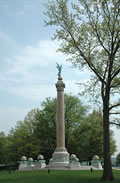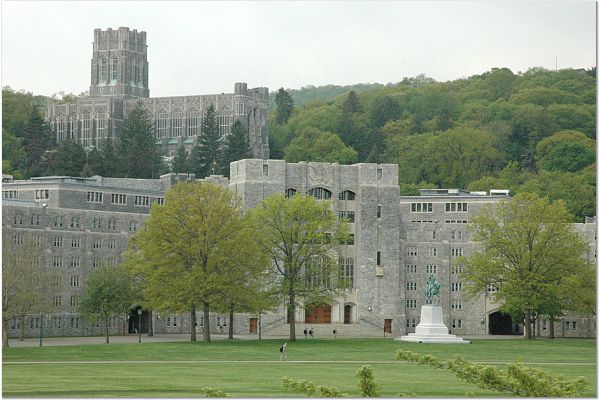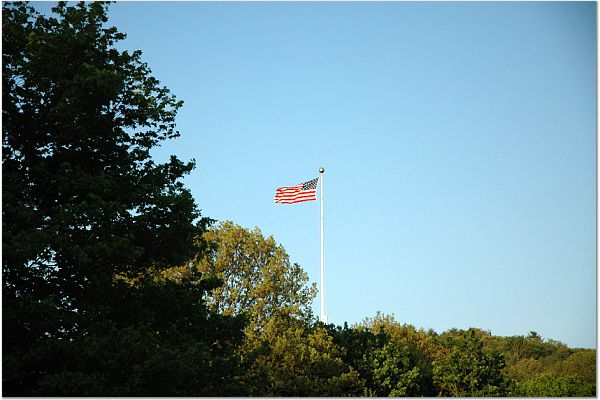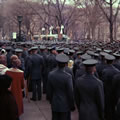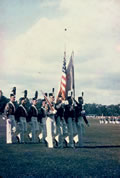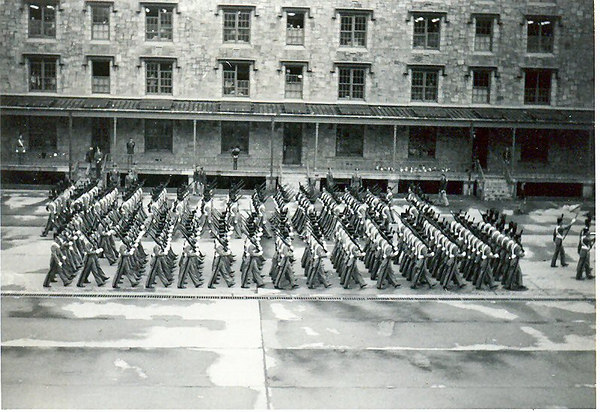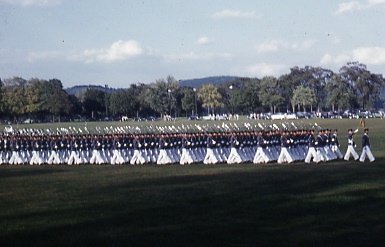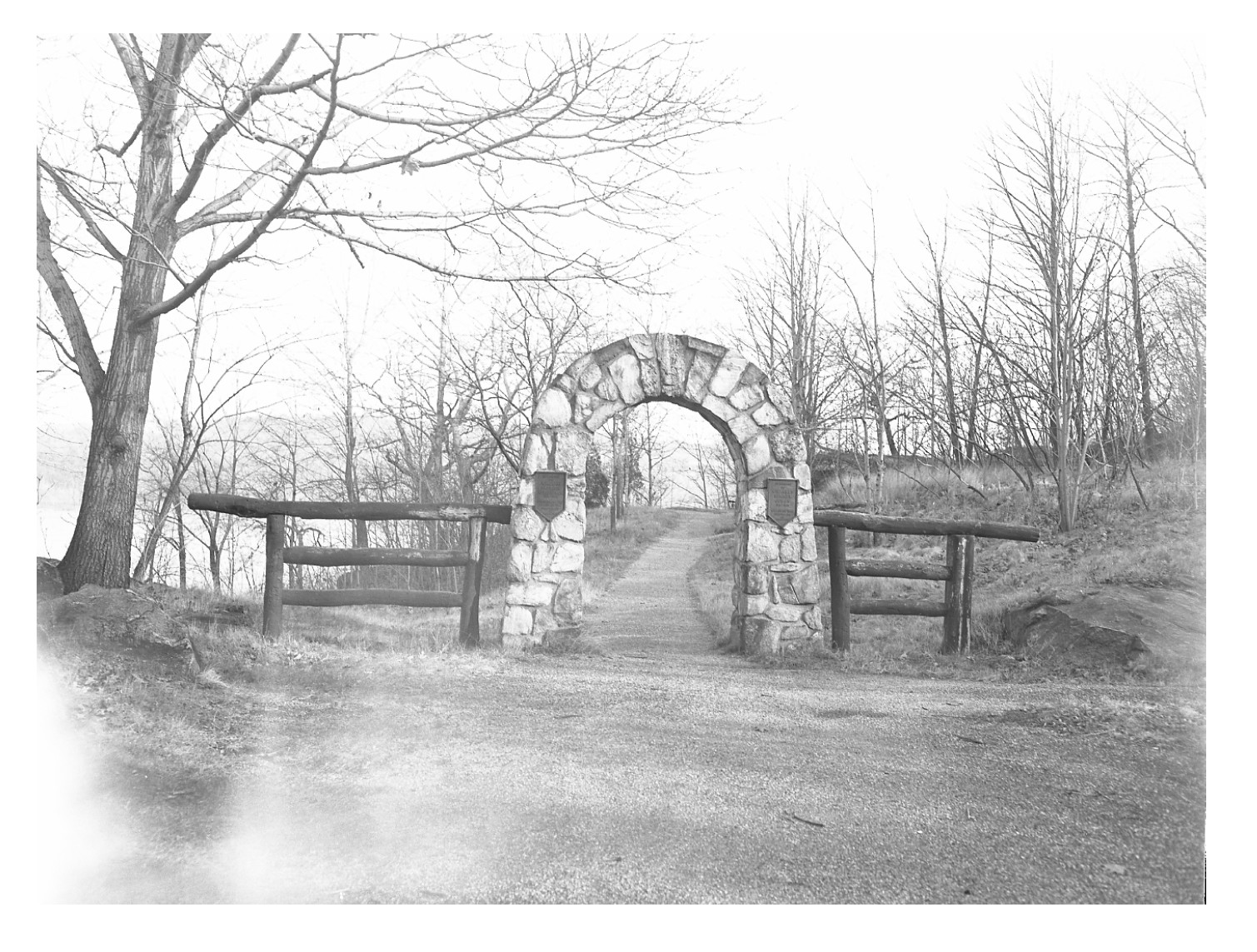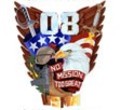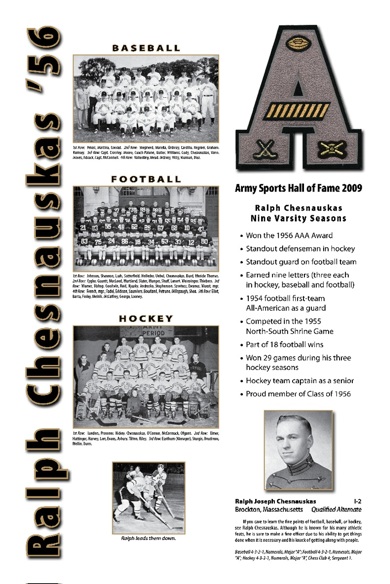1964 Team
Army 1964 4-6
1964/11/28 Army 11 - Navy 8 W
Coach Paul Dietzel 1962-1965
LSU 46-24-3 National Champs 1958
Army 21-18-1
South Carolina 42-53-1
Total: 109-95-5
Army:
1962 Army 6-4
1963 Army 7-3
1964 Army 4-6
1965 Army 4-5-1
Army Totals: 21-18-1
http://en.wikipedia.org/wiki/Paul_Dietzel
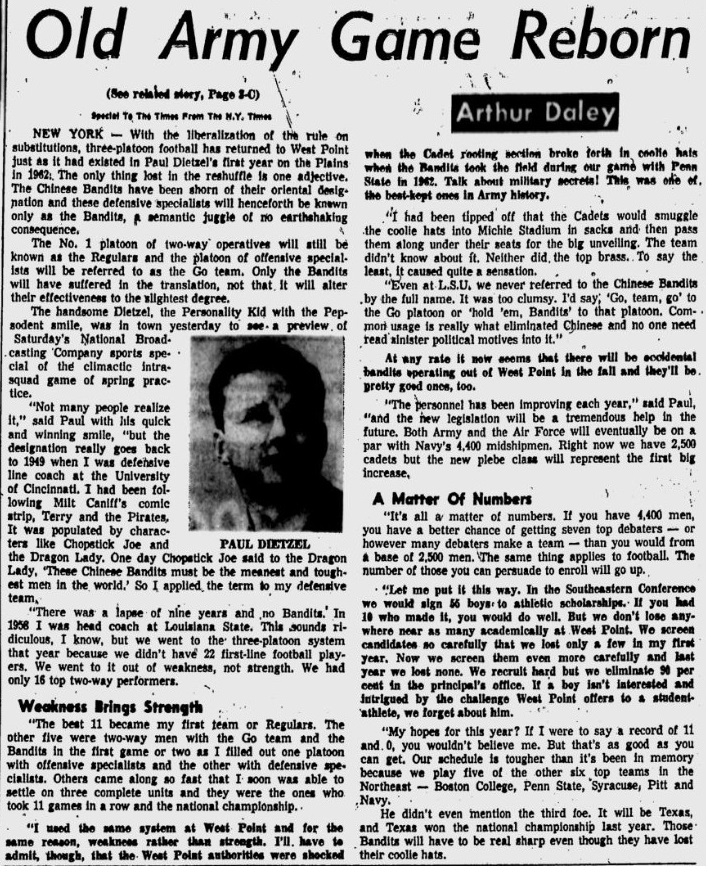
ArmyFB_1964_OldArmyGame-Dietzel_StPetersburgTimes_Jun121964
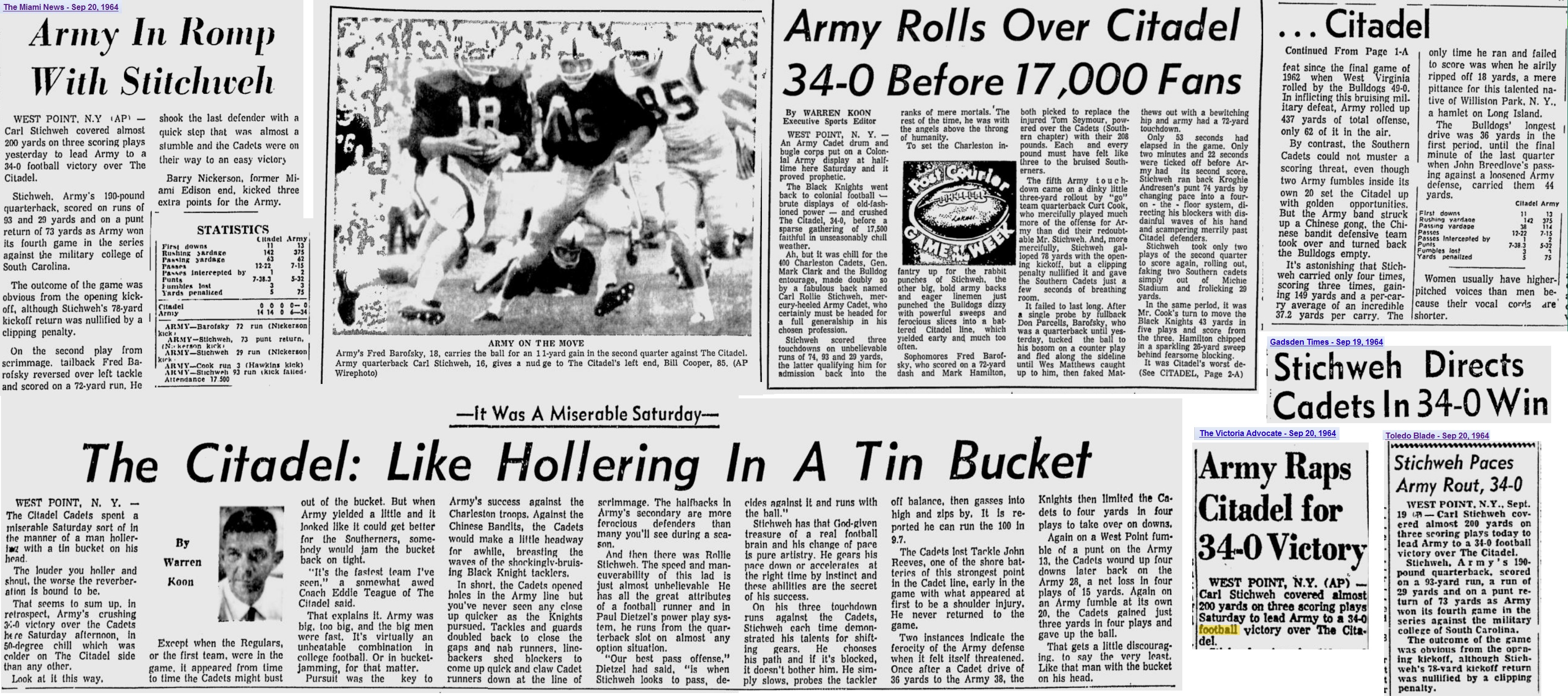
ArmyFB_1964_vsCitadel_Sep201964
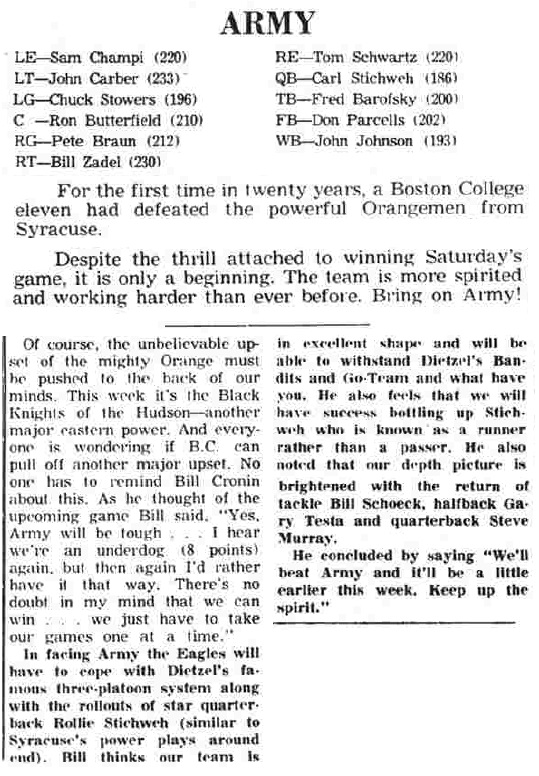
ArmyFB_1964_vsBC-pre_TheHeights_Sep251964
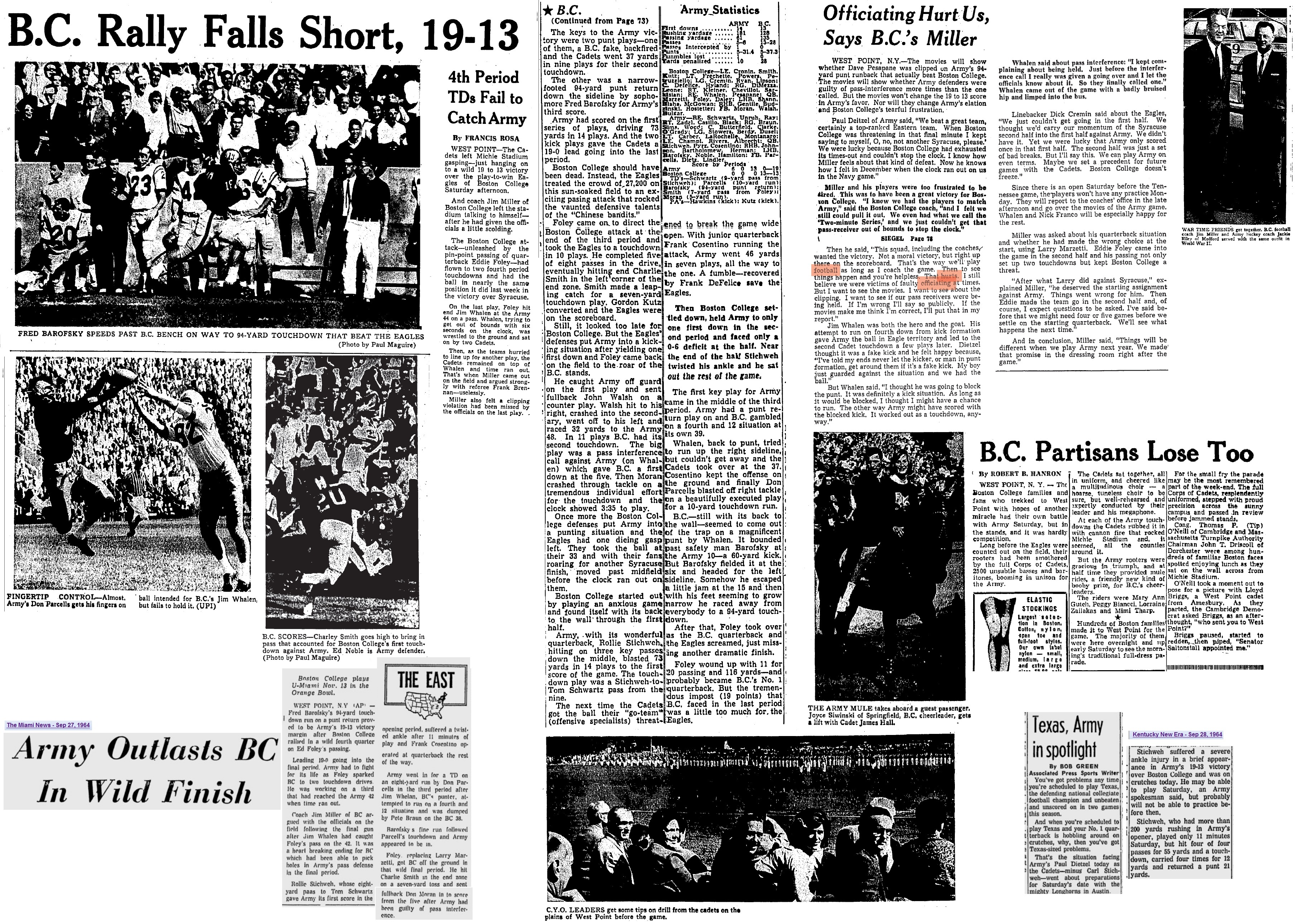
ArmyFB_1964_vsBC_BostonGlobe_Sep271964
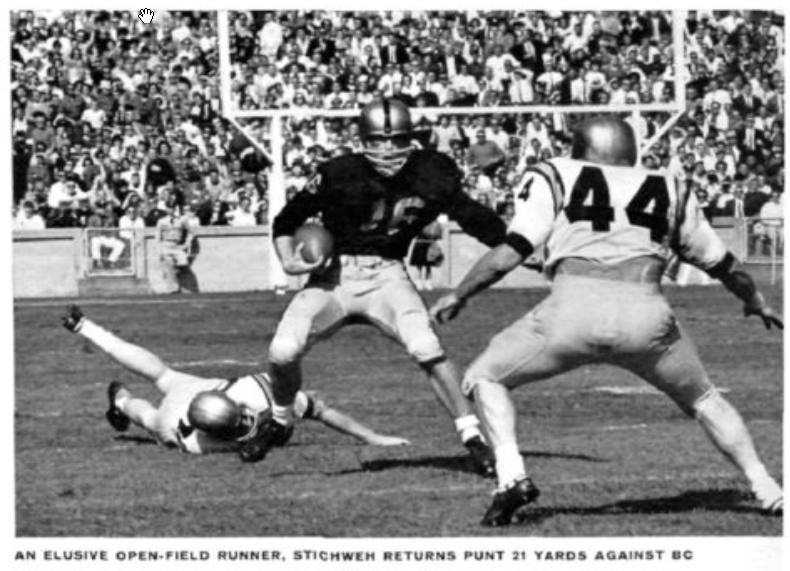
ArmyFB_1964_RollieStichweh
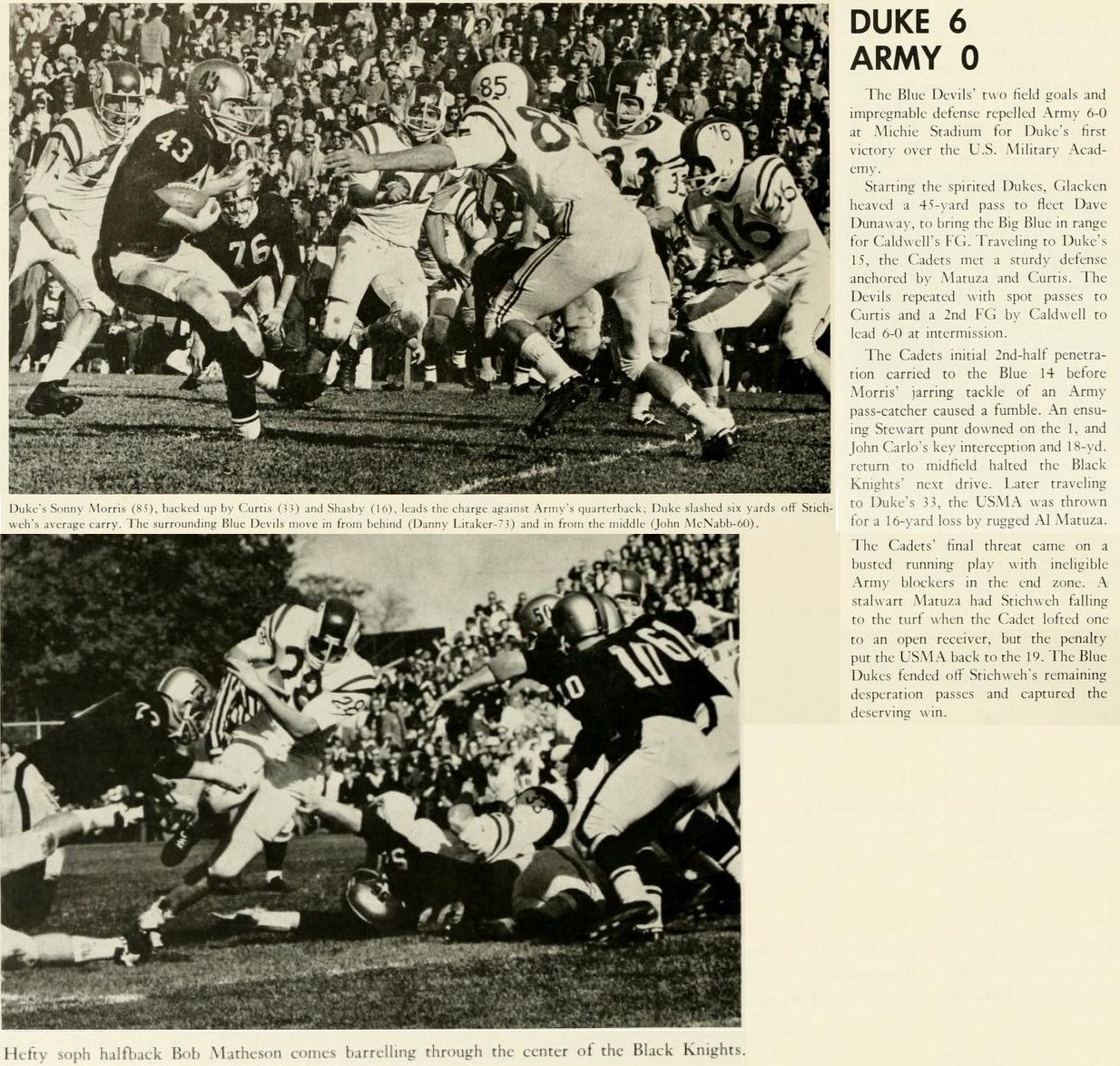
ArmyFB_1964_vsDuke_Oct241964_ChanticleerYearbook65
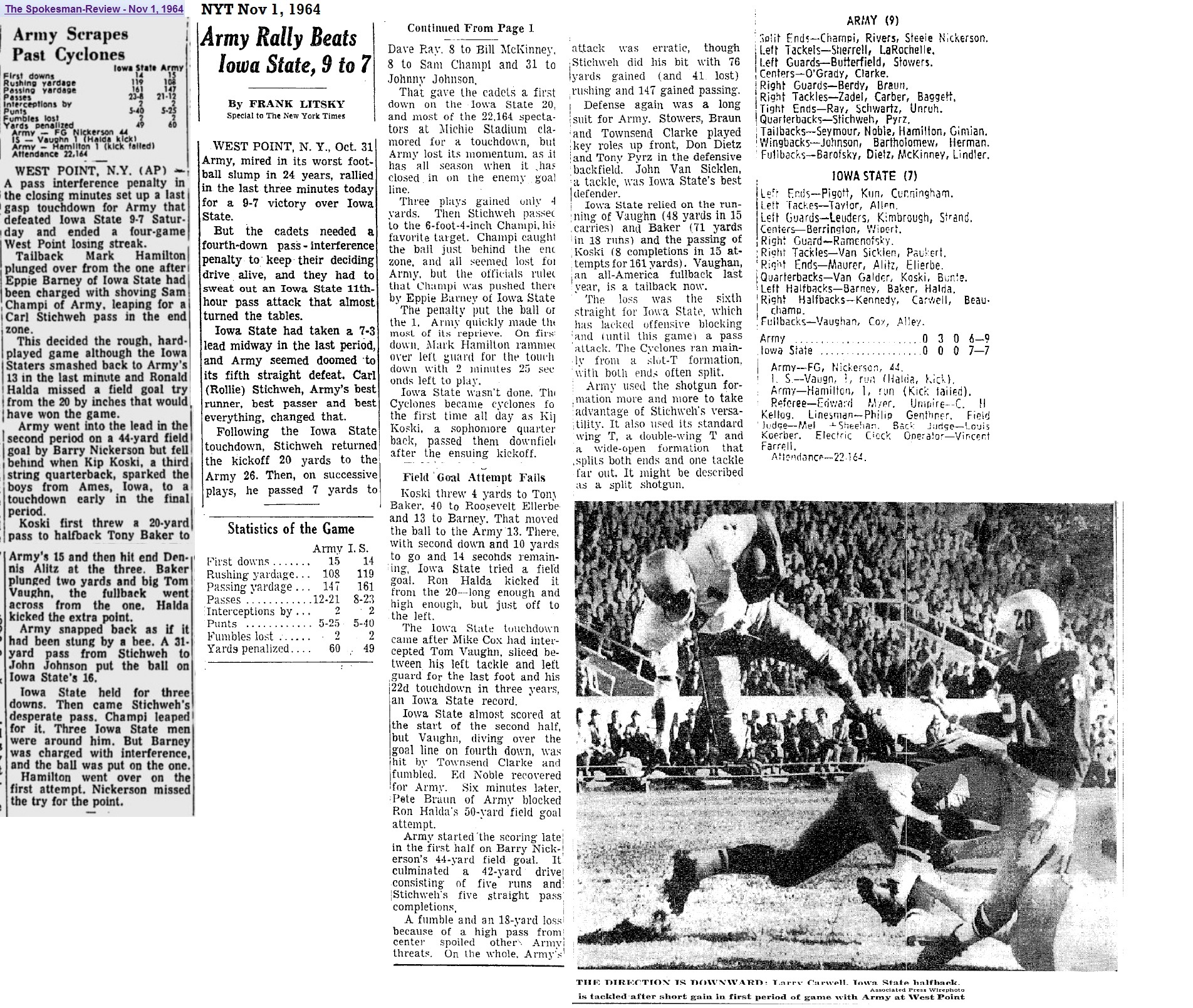
ArmyFB_1964_vsIowa_Nov11964
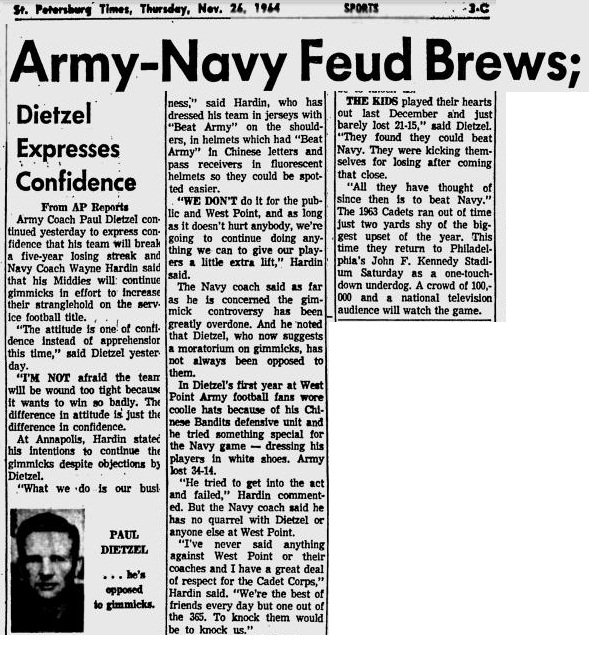
ArmyFB_1964_vsNavy_StPetersburgTimes_Nov261964
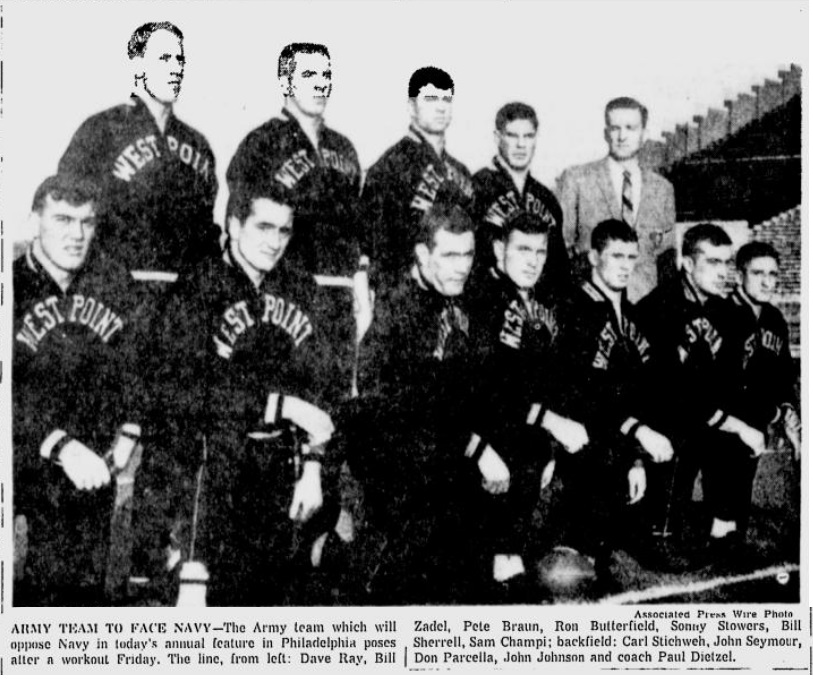
ArmyFB_1964_vsNavy-starters_WashingtonObserver_Nov281964

ArmyFB_1964_vsNavy_MilwaukeeJournal_Nov291964-1
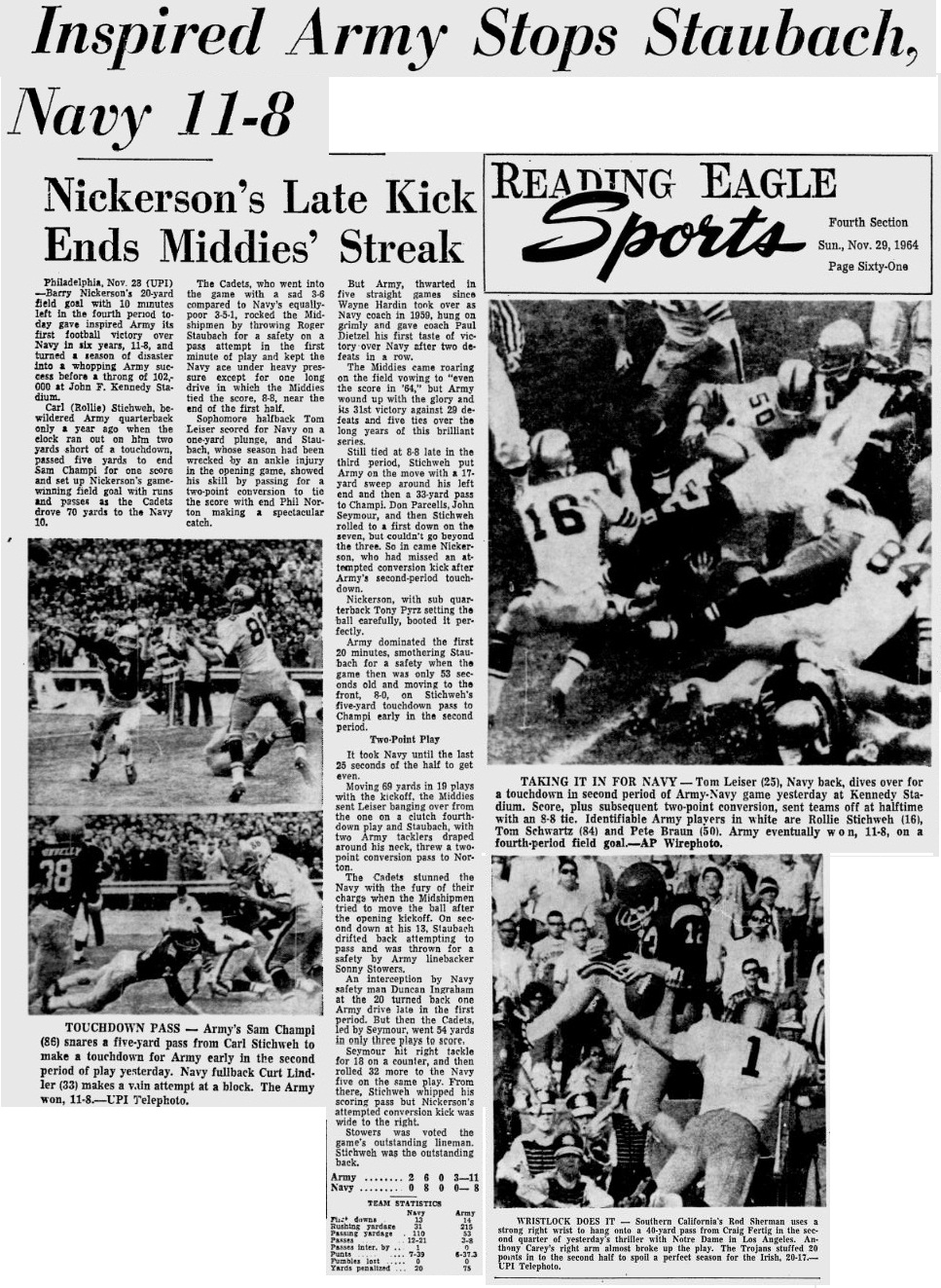
ArmyFB_1964_vsNavy_ReadingEagle_Nov291964
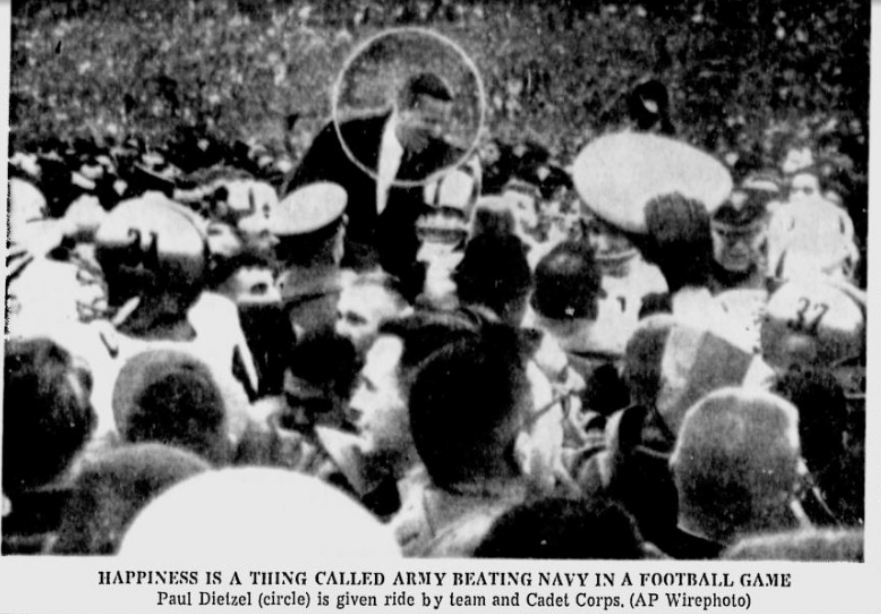
ArmyFB_1964_vsNavy-Dietzel_NewsandCourier_Nov301964
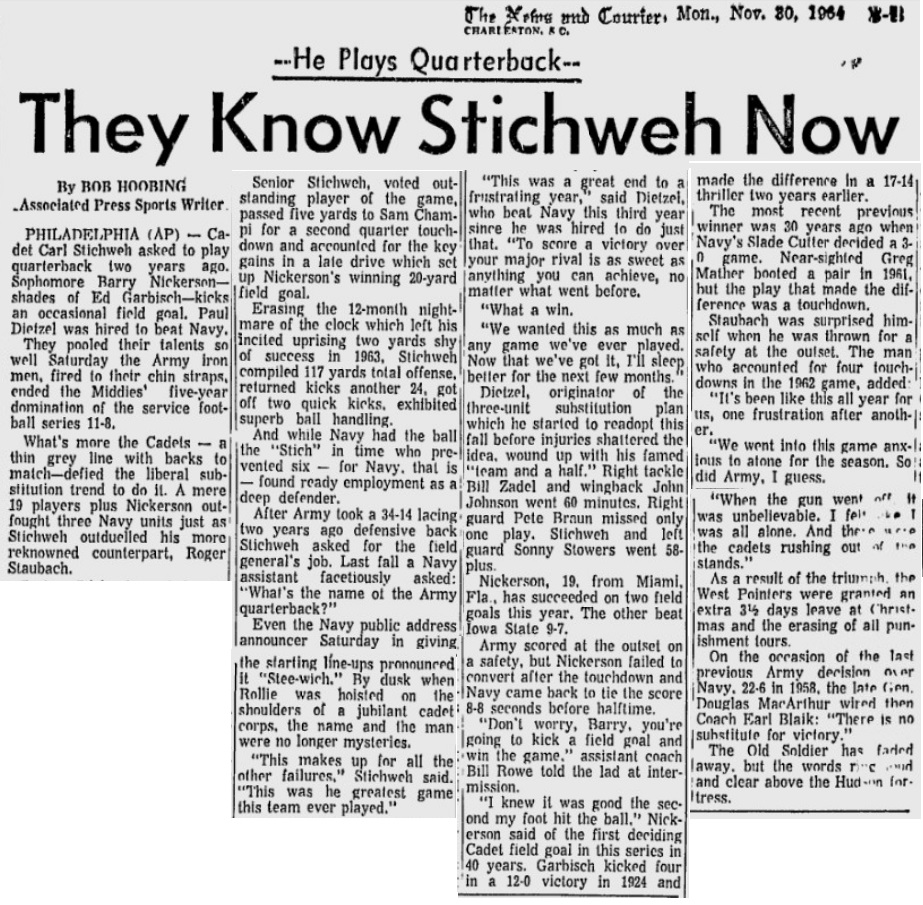
ArmyFB_1964_vsNavy-Stichweh_NewsandCourier_Nov301964
---------
By Rabble
Jun 12, 2003
Army vs Navy, 1964 - Army wins a defensive battle, 11-8
It's 1964. It's the Army-Navy game. It's Stichweh vs. Staubach. Both seniors. Both the starting quarterbacks. It's the game they both want to win for it is their last game for their respective schools and they wanted to go out as winners. The last game. The game they will remember forever
---------------------------------------
ARMY AIMS TO PUT NIX ON SIXTH NAVY VICTORY
1963 'Race With Clock' Provides Incentive
by Jim Ogle
The New York Telegram (now defunct)
PHILADELPHIA- November, 1964---With bitter memories of last year's controversial "race with the clock" providing extra incentive, a desperate band of Cadets will attempt to put the Nix on Six and end Navy's five-game winning streak against Army.
The usual crowd of around 100,000 will be at John F. Kennedy Stadium this afternoon for the 65th Service classic, but no championships or bowl bids on the line today. Perhaps most noteworthy feature of the game is the fact that it marks the final appearance of Roger Staubach, the Navy's all-time greatest in a Middie uniform.
While the Cadets shout "nix on six" the Middies will have a rallying cry of their own, "even the score in '64," to spur them on. It the Navy can win an unprecedented sixth straight today, the long series will be all deadlocked at 30-30-5. Neither team has ever won six in a row.
Army can match-Navy in the glamour boy department since Rollie Stichweh, the Cadet quarterback, has just as impressive credentials as Staubach. Elsewhere, however, Army lacks the firepower of Navy although both clubs have been hit hard by injuries this season. Stichweh is Army's big hope and he Is determined not to leave the Academy without one Navy scalp.
Paul Dietzel hasn't beaten Navy in two tries, but it is unlikely that a third straight loss will "get his scalp" as it did his predecessor, Dale Hall. Dietzel expects to be at Army for a long time and ultimately expects to take the upper hand.
Not a single one of the 2700 Cadets now at the Point has ever cheered a victory over Navy, but there is a feeling of confidence on the Plain this week. The team is as high for this game as it has ever been, but must guard against too much emotionalism.
One thing in Army's favor is the fact that Dietzel will be able to start his regular backfield for a change. Don Parcells, of Oradell, will be at fullback with John Seymour end Johnny Johnson at the other backfield posts with Stichweh. It is the first time all season that the quartet will be operating 100% physically and it could make a difference.
Staubach in contrast, will operate with three sophomores in Danny Wong, Cal Huey and Tom Leiser. It is the first Army game for all three and perhaps inexperience will cause a mistake or two. Wayne Hardin, who has never lost to Army, plans to use Pat Donnelly and Ed Orr strictly on defense but Dietzel will not be surprised to see them offensively.
Army also expects to see Staubach operate from the shot- gun formation quite frequently, but the Cadets have been working on a variety of defenses all week. This is more than a game for Army. It is practically a crusade because of the humiliation of five straight losses.
Neither team has had a successful season, but a victory today will erase all memories of the defeats. Navy Is 3-5-I while Army stands at 3-6 going into the game, but against common opponents the Middies show a big edge. Figures mean nothing, however, when these two teams swing into action against each other and upsets are not rare.
Dietzel, WHO has been plagued by injuries in his Army tenure, not only has had a problem preparing his troops to stop Staubach. He has had an even bigger problem in getting his troops on the move, but the return of the regular backfield could help in this department. The Cadet offense has been weak all season.
Whatever ground Army has gained, Stichweh has done most of it either running or passing. Rollie is the greatest ground gainer in Army history and this year, despite the Cadets' poor record, he has out-gained every opposing back he has faced this year except against Boston College. In that game Rollie played only 10 minutes due to an injury.
The Middies and Cadets will start marching at noon, then the kick-off comes at 1:30 and Army will be off on its crusade.
In this epic battle of two outstanding quarterbacks, Jesse Abramson of the New York Herald Tribune aptly describes the action where Army denied the Navy from winning 6 straight games against Army's hard-fighting football team
------------------------------------------------------------
ROLLIE STICHWEH'S CADETS MANHANDLE NAVY AND ROGER STAUBACH, 11-8
By Jesse Abramson
of The New York Herald Tribune Staff
1964
PHILADELPHIA, With the whole-souled cooperation of an old-fashioned Army team that disdained platoons and free substitutions, "Rollie's Redemption" played a smashing one-stand performance before a full house of 100,000 In John F. Kennedy Stadium yesterday.
Army and Carl Roland Stichweh, its indefatigable captain, quarterback, top runner, passer and defender, finally caught up with Roger Staubach and Navy and beat them, solidly, convincingly and as decisively as one can in an 11-8 score.
It was the first time in 30 years that the service game was decided by a field goal. In 1934 Slade Cutter's placekick was the only score as Navy won.
The grim and resolute underdog Cadets, getting even with tormentor Staubach in his varsity farewell, harrassed, harried and hopped on him first to last. They wrenched a safety from him in the first 53 seconds of the ball game by chasing him 13 yards into the end zone and mobbing him. They dominated the action of the first half for 20 minutes, swiftly marched 54 yards to a touchdown on John Seymour's two bolting runs and Stichweh's five-yard pass to Sam Champi; opened the door to Navy's tying points 25 seconds before halftime on an egregious holding penalty on a Middie punt, then marched 77 yards to set up sophomore Barry Nickerson's deciding 20-yard field goal in 5:30 of the fourth period.
This bare skeleton of the scoring provides the outline of the important story on the scoreboard but fails to flesh out the tension and drama of the 65th service battle.
Fumble-free in its execution, and great on defense, Army gave Navy ail the chances to win by violations that brought drastic penalties in critical spots. It was a holding penalty on a Navy punt that restored possession to the Midshipmen and enabled them to mount their only sustained drive of the day, their only first-half invasion of Army territory and their only touchdown on sophomore Tom Leiser's fourth down, one-yard tackle slant.
Staubach was penned and cornered and tackled like he never has been by Army and rarely by others in his three varsity years. He wound up with minus 22 yards on the day, but he was always dangerous passing (completing 12 of 20 for 110 yards) and he made the two-point play with Champi draped around his neck and, other Cadets clawing at him by getting the ball to Phil Norton in the end zone, with Norton making a falling catch. That made It 8-8 at halftime.
OLD ARMY WAY
After Army drove so far to regain its lead, the Cadets stopped Staubach again and forced Navy to punt from midfield. But-big John Carber, Army tackle, trying desperately to block the kick, slammed through Tom Williams to give Navy the ball again for another shot at Army's 38. It did not seem possible for Army to keep inviting d1saster with one hand and hold it off with another. It was like sitting on a time bomb ready to explode.
But this Army team, and particularly 14 seniors, had ruled out platoons and convinced Paul Dietzel they could win it the old fashioned way by playing offense and defense in this Age of Specialization, They recovered from that rouging-the-kicker situation by smearing Staubach twice for losses of 11 and 13 yards. Five or six Cadets mobbed Roger the Dodger, though it was linebacker Don Dietz, then tackle Bill Zadel who pinned him down and knocked out of his reach any chance of either a winning TD for a tying field goal.
Unlike a year ago when the clock ran out on Army on the 2-yard line with a fourth down coming up, leaving a gallant Stichweh as the goat- holding a huddle and holding the ball- the clock now was Navy's foe. So was Army, which had to give Navy one more series, but creamed Staubach and Co. at midfield.
SLOGANS' END
The triumph, Army's first in the series since Red Blaik said farewell with Pete Dawkins' unbeaten 1958 team, wrote finis to Navy's slogans. "Six And Even" just didn't come off. Navy foundered against Army's rock-ribbed defenses in its drive for a record sixth straight victory in this series, and it did not pull even with Army in the series, which now stands 31-29-5.
It was the bleakest and grayest of days, but the sun phone bright in the hearts of long-suffering military men everywhere-from generals down to buck privates.
As the clock hands came to zero in the semi-darkness under the inadequate stadium lights, more than half the corps of. 2,700 gray-coated cadets made it from the stands to the field in a whoop and a holler.
They mobbed the cadet heroes, as the cadet heroes had mobbed Staubach, but with joy in their violence. They rode Dietzel, target of so many Wayne Hardin barbs, off the field on their shoulders, and as many of the cadets as they could swing aloft in the subway crush of swaying moving gray-clad bodies.
The cadet who deserved to ride highest was ten-foot-tall Rollie Stichweh, 20~year-old Long Islander from Williston Park. Rollie had the last word in his quarterback duelling with Staubabh, his pal on exchange visits between the academies.
"What," Navy's Rip Miller had asked, is the name of the Army quwrterback?"
This was before the Navy game a year ago, and Navy was having a ball. No one had to ask who the Navy quarterback was-- a QB who has accounted for 35 Navy touchdowns passing and running, and directed the Middles to eight touchdowns in two successive victories by 34-14 and 21-15.
To carry out the gag, if that's what It was, the Navy announcer yesterday stumbled over Stichweh's name, pronouncing it "Stee-witch."
Stichweh, or Stee-witch, played more than 55 minutes (as did four mates; Zadel and wingback John Johnson -went 60 without relief).
Rollie, who had asked for this job after being a defensive man, as a sophomore, directed all of Army's attack which, on the ground, crushed Navy, 215 to 31 yards. He ran, 13 times on pass options for 64 yards, second only to John Seymour's 104, completed three of eight passes for 53 yards and a touchdown and was brilliant in his running and passing in the 77-yard march to the winning field goal. He also punted, a new chore, from shotgun formation, a switch from the quick-kick, and he played safety and ran back kicks and tackled.
PLENTY OF HELP
The sequel was Rollie's redemption. He had all the help he needed from three senior backs - Seymour, Johnson and Don Parcells- who, through injury never had a chance to play a game together. They had their last chance and didn't muff it.
Sonny Stowers and Pete Braun, offensive guards and on defense, linebacker and middle guard, respectively, also went more than 55 minutes to star on the valiant Army line with Zadel, Ron Butterfield, Champi, linebacker Townsend Clarke and others.
Army decided to play this game straight all the way, old-fashioned on the field, staid off the field. The Cadets were sedate in the stands- no sight gags, no bedsheets, no banners, no slogans. They merely roared defiance at the Midshipmen, who had all the slogans and jibes until the game started.
ARMY'S PRO BLITZ INTRODUCES ROGER TO STADIUM TURF
By SANDY GRADY
The Philadelphia Bulletin
PHILADELPHIA, If they weren't so busy, a lot of guys might send tokens of condolence to Roger Staubach today - a get-well card from Y. A. Tittle, a posy of flowers from Ed Brown, a note of sympathy from King Hill.
Roger was initiated yesterday into the I-Spent-The-Day-On-My-Back Quarterback Club.
If he never knows the glories and delights of a professional quarterback, Staubach can always say he has tasted the breed's miseries and bruises.
Army struck Roger with a raging, pro-style blitz to dominate this dark, glowering day, 11-8. To pro fans among the 102,000 sardines, it looked like Sunday came a day early.
"We had one idea--keep pressure on Roger or he'd kill us," said Army linebacker Townsend Clarke, who called the defensive tune. "We'd rush once, then cover receivers next, anything to keep him guessing."
Only a switch by Wayne Hardin foiled Army's blitz long enough for one 69-yard Navy drive.
Hardin spread three pass catchers on the left side, rattling Army's poise. "We had to forget the blitz and it shook us up," said Clarke.
Only Penn State Rushed Harder
Otherwise, Army was hitting Staubach with everything but the Mule and Don Burroughs.
"In my first two Army games, I was dropped twice," said Staubach ruefully. "I don't know how many times it happened today. That was the hardest rush I've faced except for Penn State."
When Paul Dietzel came North from the Bayous, he brought a glossy smile, a reputation for defensive genius, and a quiet, middle-aged, man named George Terry.
Maybe all three came in one package- because it was Terry, Paul's defensive thinker, who laid the ambush for Staubach yesterday.
"Coach Terry set up what we call the 40 defense, something like the pros use," said Sonny Stowers, the chunky kid who dogged Staubach all day. "We had four men up front, two middle linebackers, two outside men and Clarke would yell, 'move' signaling one side to blitz."
That pro-style stampede put Staubach on his britches for two points before the customers had their flasks out. Clarke, sensing Roger would throw on a first-and 15 situation sent six guys blowing down Roger's neck. Stowers did everything but rope-and-brand Staubach with an "A" for a 2-0 lead.
Mistaken Signal on Quick-Kick
"I couldn't miss him," said Stowers, who played 55 minutes despite leg cramps. "I just hit him at the belt buckle and held tight." Dietzel was so impressed with his blitzing marvels he seemed to be sitting miserly on his 2-0 cushion-he quick- kicked twice on early downs.
"No, the second one was a mistake- Rollie Stichweh heard me yell a play and thought I meant kick," said Dietzel. "Staubach is the hardest man to defense I've ever seen. I didn't want to give him the ball."
For a few, Middie- maddening minutes, Dietzel, seemed right about Staubach.
Army had an 8-0 lead, thanks to two devastating scissors plays by John Seymour and a rollout pass by Stichweh.
Then Roger cranked up a 19-play drive, smashing the middle with the gimpy Pat Donnelly, and throwing a circus two-point pass to Phil Norton. "Everybody had his arms around Staubach on that play but me," said Dietzel. "How did he get it off?"
Nervous Nickerson Decides It
Now enter the game's unsung hero, the Nostradamus of JFK Stadium, the best horse handicapper in captivity. He is Dietzel's young assistant, Bill Rowe, a center on the '59 team. As Army left its concrete boudoir for the last half, knotted 8-8, he put an arm around Barry Nickerson.
"Keep your head up, Barry," he said to the Miami kid who had flubbed Army's extra-point 'try. "You're going to kick one to win the game."
It was a great feat of precognition with the sky turning coal-bin dark and 9 and 1/2 minutes left, Nickerson hit a 20-yard field goal to break Hardin's five-year hypnosis of Army. "I had told the guys I'd kick one," said Nickerson, who had beaten Iowa State the same way. "But sir, I have never been so nervous in my life."
Staubach still had some bullets to fire. But too often he was shooting toward the gray, jagged clouds, with Army rushers doing handstands atop him.
On the last series of his college life, the unhappy dodger lost 10, then 13 yards, and when the Army cannon boomed the final play, Roger was buried like a turnip under soldier flesh.
"We came here," said Dietzel, who was spouting a platitude a minute, "to finish what we started last year."
Happy Day for Cadet Ray
But the happiest kid in the Army chambers was an unknown sophomore, David Ray. When the West Point commandant, Brig. Gen. Michael Davison, jumped on a table to congratulate the Cadets, he said all penalties for rules infractions were suspended, The cheering cadets yelled, "Ray, Ray. What about Ray?" "Oh him, too," sighed the brasshat. "Boy, ol' Ray was supposed to walk the area with a rifle for weeks," said a Cadet. "Hey guys, we beat Navy for Ray, huh?"
Whatever the incentive, Army gave Staubach a dreary farewell party. Only guys such as Tittle and Brown and Hill are inured to the special kind of hell Roger knew on his, last, doomed day.
MIDDIES MISSED MANY GOALS
PHILADELPHIA, The motif, set by Navy, was "Even The Score In '64" and even though the Middles did not their goal in the 65th game with Army yesterday at John F. Kennedy Stadium, they did achieve the edge in the extra-game activities that makes the Army-Navy a colorful extravaganza.
Navy provided all the color, both before the game and between the halves. Army, in fact, seemed, to disdain such activities as immaterial, for the Corps of Cadets one seated not even bothering to form the traditional lane through which Its team runs out on the field.
The Middies, on the other hand, were busy with cute gimmicks, electrically and manually. First, they put up electric signs on two buildings outside the Stadium reading "Go Navy and "Beat Army." Inside the grounds, they erected another electric display that would have done credit to Times Square. It blinked "Six And Even," wishful thinking that their team would even the series at 30 victories each (five having been tied) and take their sixth in a row from the Cadets.
Then, among other displays there was group clad in the national costumes if there are such of several foreign countries. Each Middie carried a banner which read, "Beat Army, Neighbors," Inscribed in the native language of the country including a banner printed in Hebrew.
With President Johnson and Secretary of Defense Robert McNamara engaged with the unpleasantness in Viet Nam and the Congo, the highest- ranking member of the Washington brass present was Cyrus R. Vance, Deputy Secretary of Defense. But Secretary of the Army Stephen Ailes and Secretary of the Navy Paul Nitze, air well as Willard Wirtz, Secretary of Labor, were on hand representing the Cabinet.
It is to be hoped, however, that the brass had a little less trouble getting into mammoth John F. Kennedy Stadium than did the common folk. The traffic crush approaching the arena was worse than the Long Island, "messway" on a sunny Sunday afternoon when the Mets are playing and the World's Fair operating.
It took 90 of the Jersey pike minutes to traverse the 80 miles from midtown Manhattan to the Walt Whitman Bridge exit and almost the same amount of time to cover the four or five miles from the bridge to the park.
Why, oh why, will people insist in driving to the Army-Navy game when public transportation is so much more convenient? The public address announcer, who is the assistant plebe crew coach at Annapolis, called him "Stiwich," and this after some hesitation, when he introduced the starting Army line-up. One the game got under way, however, he pronounced Stich--often.
On the first play from scrimmage, the Middles were so anxious to get moving, their tight end, Jim Ryan, was past the Army defensive secondary even before the ball was snapped. His bit of eagerness, however, cost Navy five yards for being offside.
Navy had the ball for only six plays from scrimmage in the second quarter when it was given a life by an Army penalty for holding. So, instead of giving up the ball to Army on the Cadet 40, to which their Tom Williams had punted, the Middies got it back with a 15yard bonus, and from there drove to the touchdown that tied the score.
Between halves Philadelphia's cavernous Municipal Stadium was officially re-named John F. Kennedy Stadium by Mayor James Tate.
IRVING T. MARISH. Staff Correspondent- N.Y. Herald Tribune.
-------------------------------
|
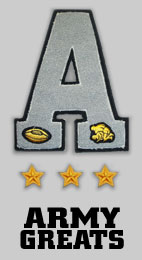
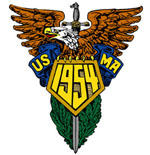
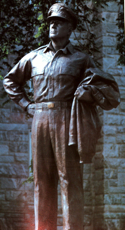 General MacArthur stated it would take
General MacArthur stated it would take 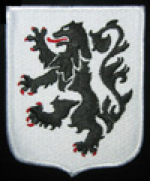 28th Infantry Regiment
28th Infantry Regiment 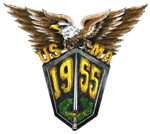
 They played perhaps Army's Greatest Game.
They played perhaps Army's Greatest Game.
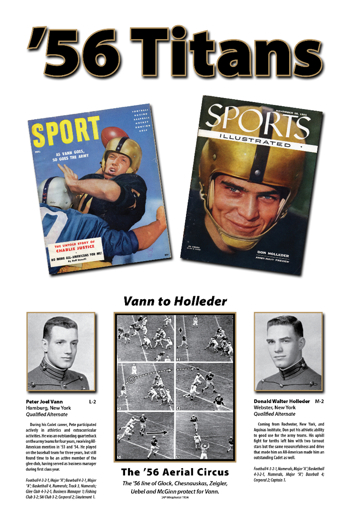
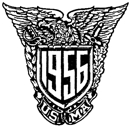
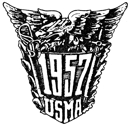
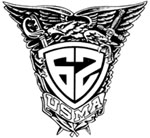
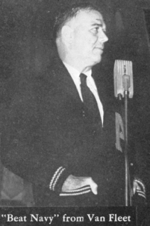

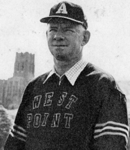
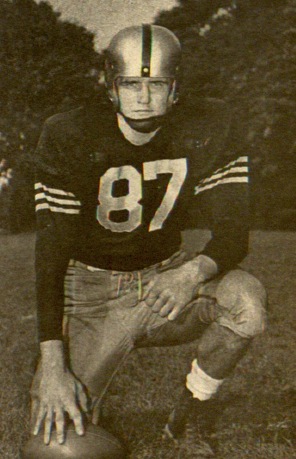

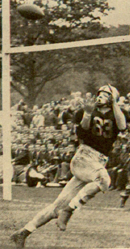
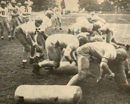
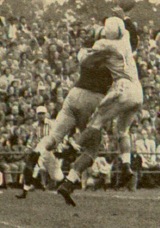
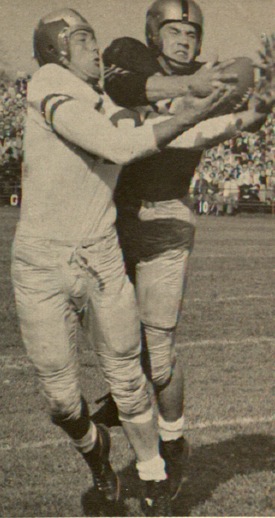
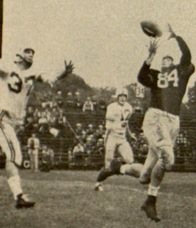
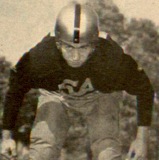
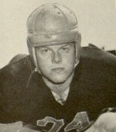
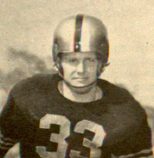
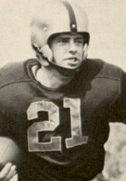
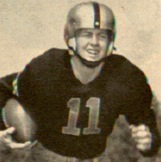
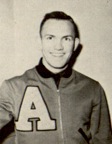
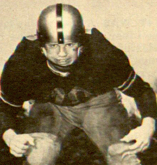
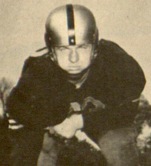
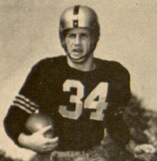
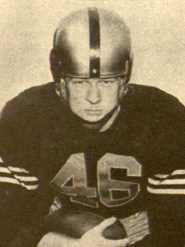
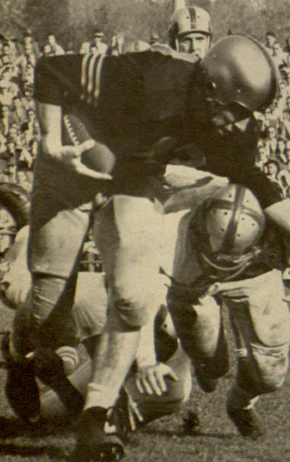
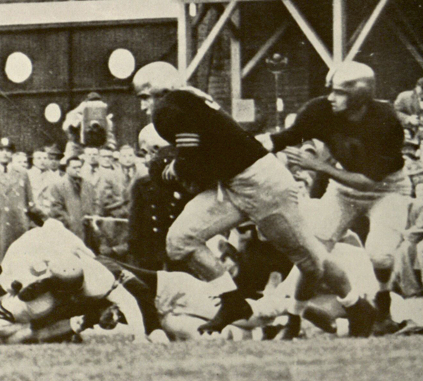
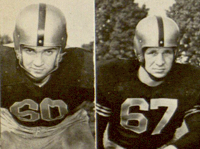
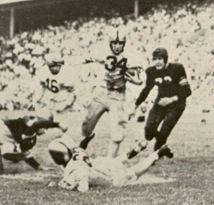
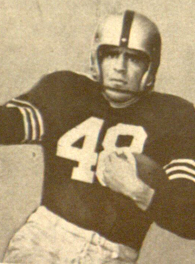
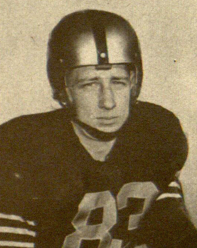

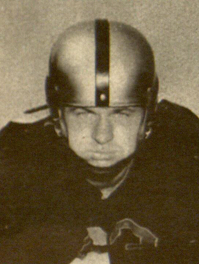
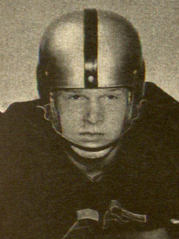
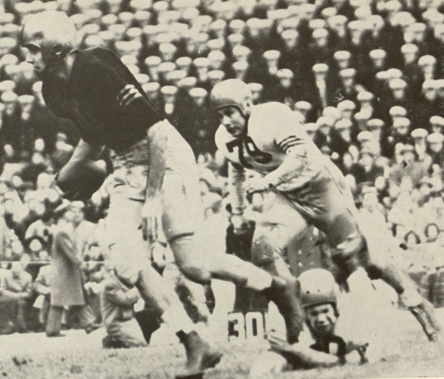
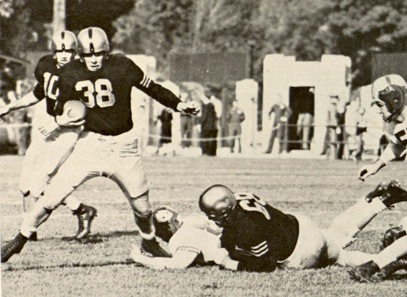
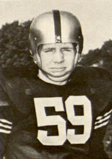
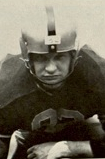
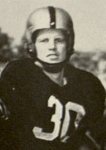
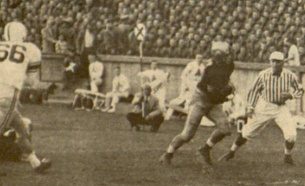
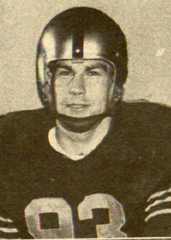
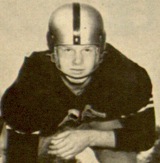


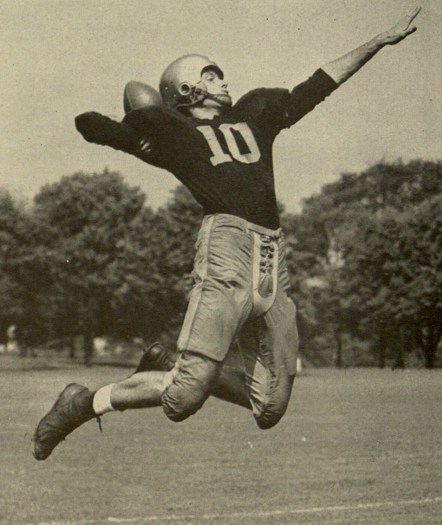
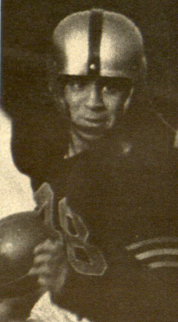
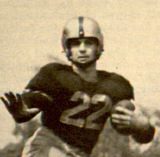
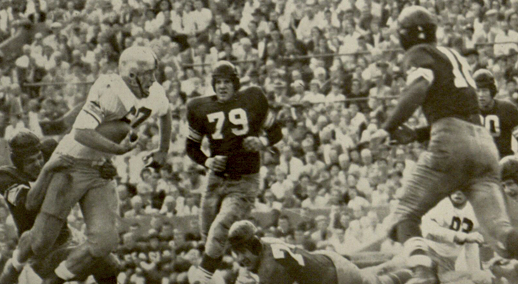

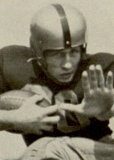
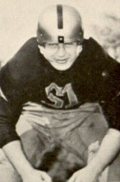
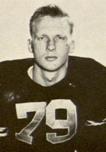
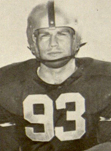
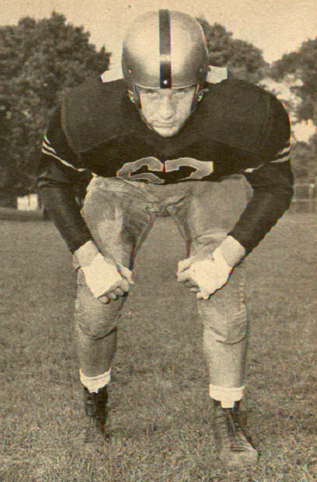
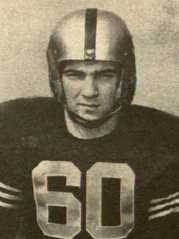
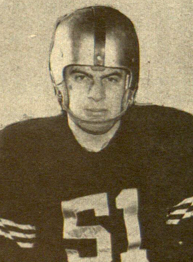
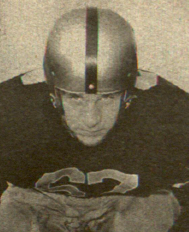


 General MacArthur stated it would take
General MacArthur stated it would take 



 They played perhaps Army's Greatest Game.
They played perhaps Army's Greatest Game.




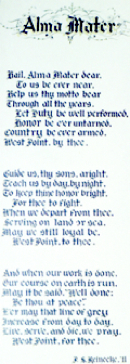
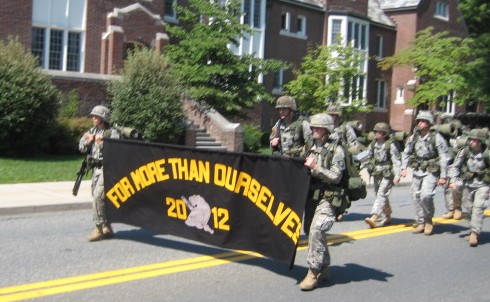
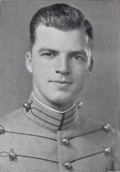


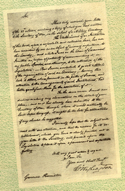
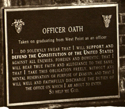


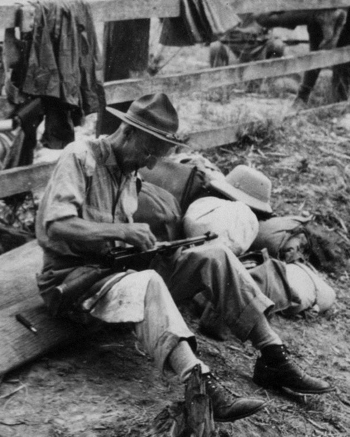
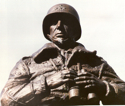
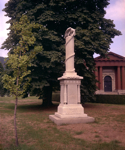
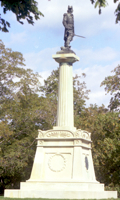
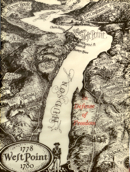
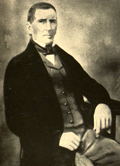

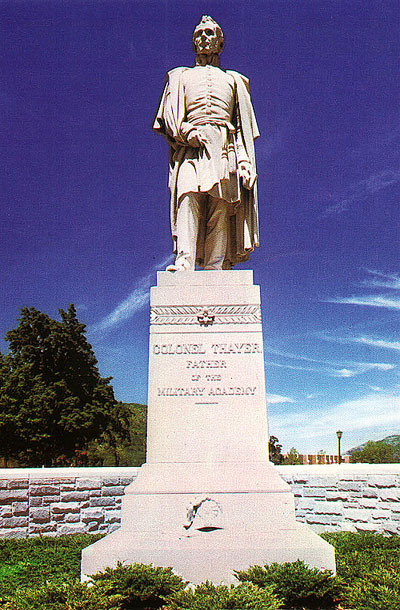


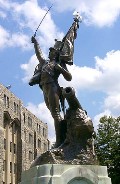




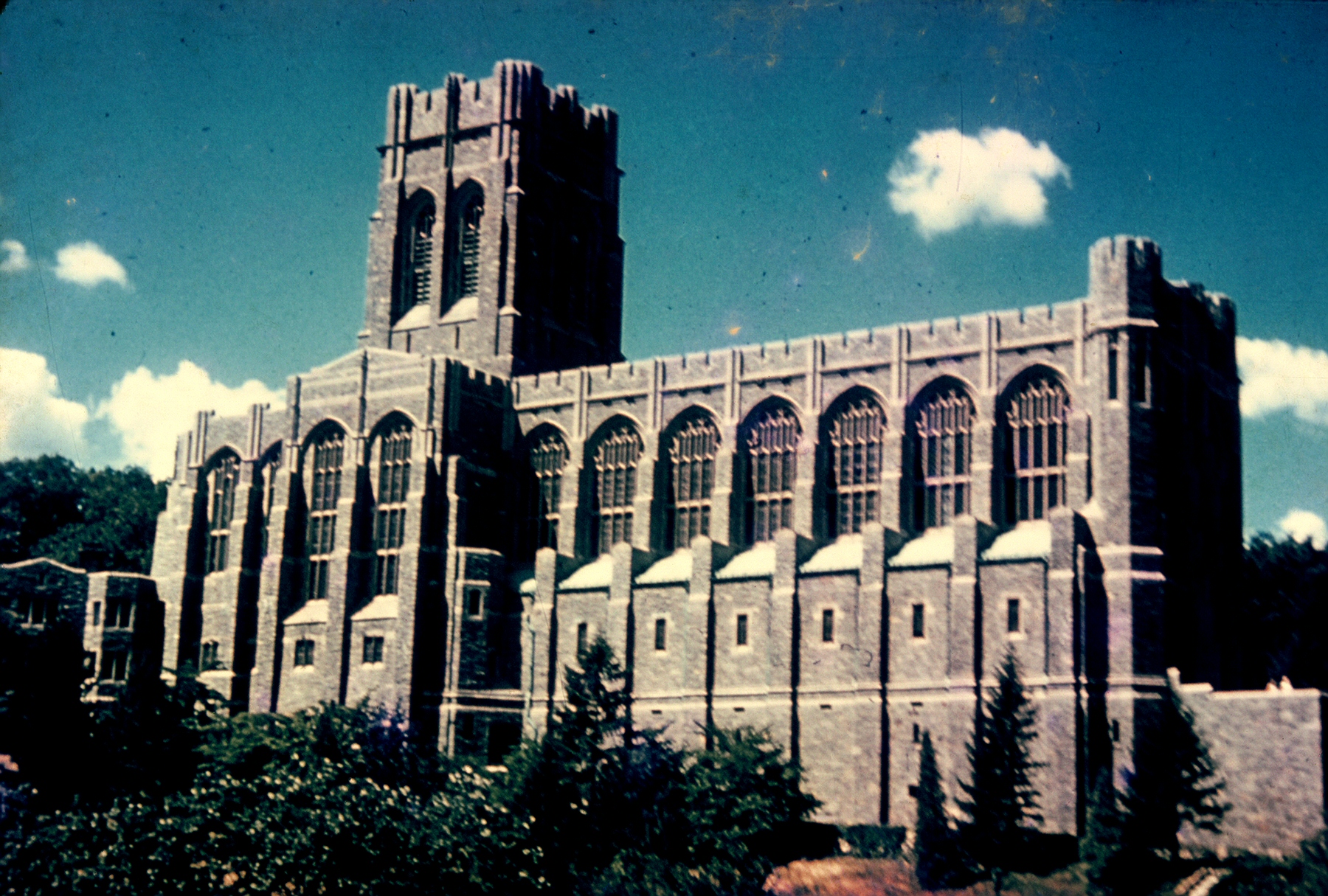






 Cadet Barracks
Cadet Barracks



